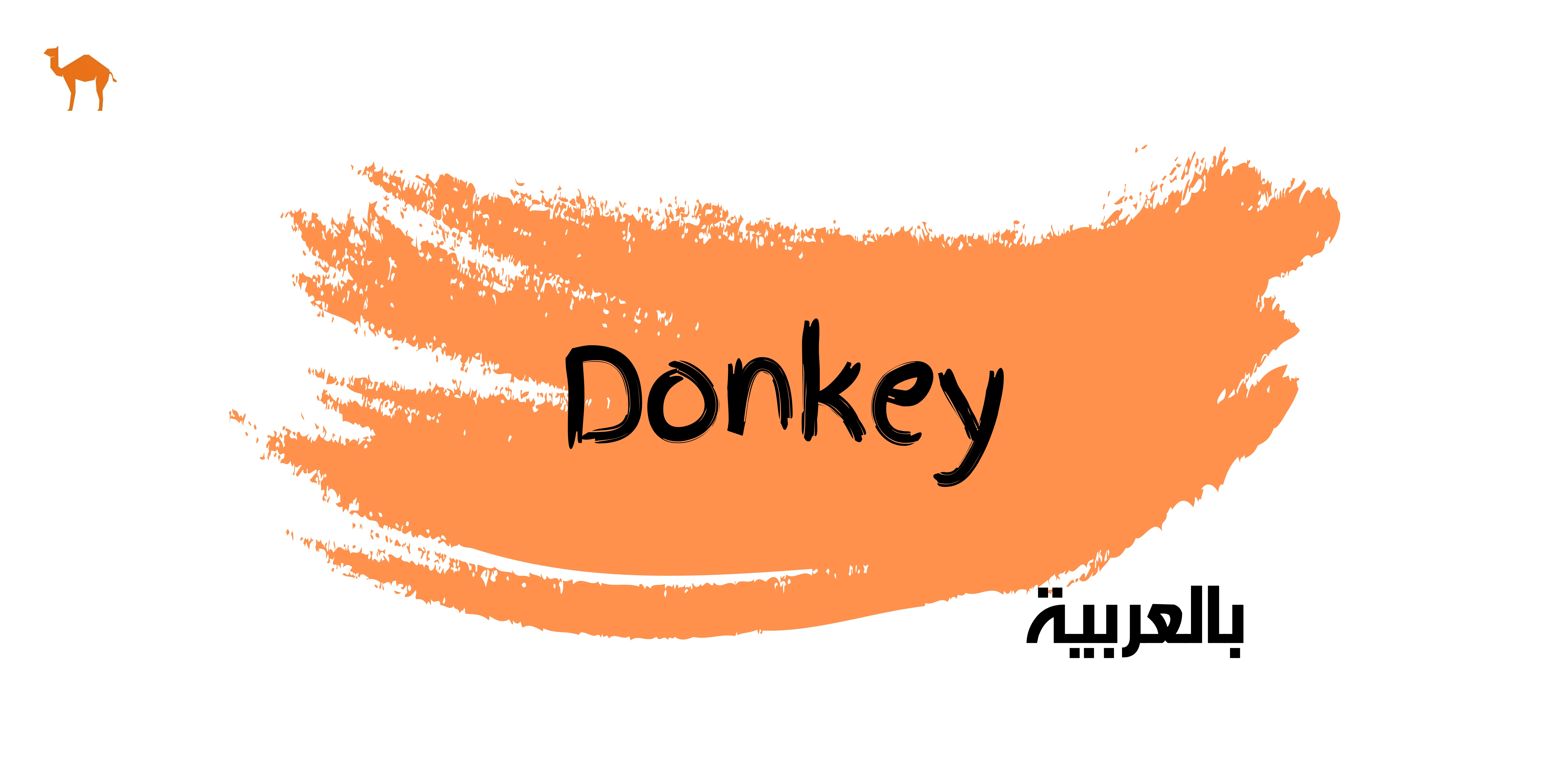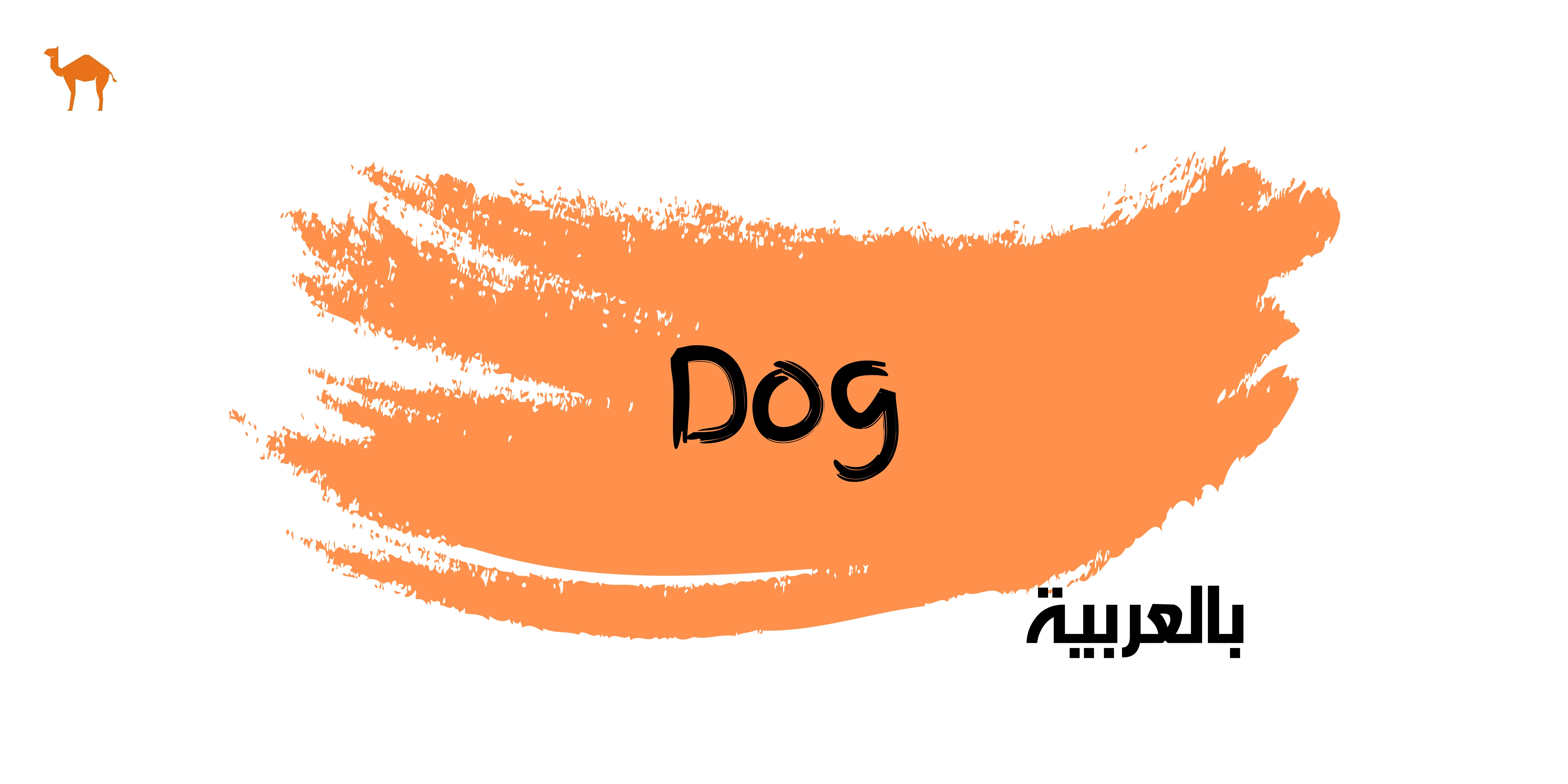Best 7 Books for Learning Arabic (For Adults)

Learning Arabic as an adult can be an enriching experience, whether for travel, business, or personal growth. With its beautiful script and unique grammar, Arabic offers learners both challenges and rewards. To ease the learning process, selecting the right resources is crucial. Therefore, this article provides useful books for adults learning Arabic, from beginners to advanced learners.
Why Learn Arabic as an Adult?
Learning Arabic as an adult offers numerous advantages, both personally and professionally. Arabic is one of the world’s most widely spoken languages, with over 300 million native speakers across 22 countries. It is the official language of the Arab world and one of the six official languages of the United Nations, making it a key language for global communication.
Career Opportunities
For those in fields like international business, diplomacy, journalism, and academia, proficiency in Arabic is an invaluable asset. Many companies and organizations operating in or dealing with the Middle East or North Africa (MENA) region seek Arabic speakers for roles ranging from business development to translation services. Mastering Arabic can open doors to careers in international relations, government agencies, and NGOs that focus on Middle Eastern affairs.
Cultural Understanding
Learning Arabic provides deeper insights into the rich history, literature, and culture of the Arab world. Arabic is the language of classical texts, including Islamic religious texts, such as the Quran. Being able to read and understand these works in their original language provides access to centuries of knowledge, philosophy, and art that shape the Arab world today. It also fosters a more nuanced understanding of the diverse cultures and traditions within Arabic-speaking countries, promoting cultural exchange and empathy.
Cognitive Benefits
Mastering Arabic, with its distinct script and phonetic sounds, is a mentally stimulating process that enhances cognitive abilities. Arabic’s complex grammar rules and rich vocabulary challenge the brain, improving memory, problem-solving skills, and overall mental agility. Studies have shown that learning a new language, especially one as challenging as Arabic, can enhance brain function and delay the onset of age-related cognitive decline.
Personal Fulfillment
For many adult learners, studying Arabic is a journey of personal growth. Whether for travel, connecting with Arabic-speaking friends or family, or simply embracing the joy of learning something new, mastering the language is immensely rewarding. It opens up authentic experiences while traveling in Arabic-speaking countries, allowing for deeper connections with locals and an enhanced understanding of their worldview.
Challenges of Learning Arabic for Adults
Learning Arabic as an adult can be both rewarding and challenging due to several unique aspects of the language.
The Arabic Script
One of the first hurdles adult learners face is mastering the Arabic script. Arabic is written from right to left, with letters changing shape depending on their position in a word (initial, medial, final, or isolated forms). Additionally, some letters look quite similar, which can confuse beginners.
Pronunciation and Phonetics
Arabic has several sounds that don’t exist in English or many other languages, such as the deep "Ḥ" (ح) or the glottal "‘Ayn" (ع). These unique phonetic elements can be difficult for non-native speakers to grasp. Proper pronunciation requires listening, repetition, and training the vocal apparatus to produce unfamiliar sounds.
Diglossia: Modern Standard Arabic vs. Dialects
Arabic is characterized by diglossia, meaning there is a wide gap between Modern Standard Arabic (MSA) and the various spoken dialects. MSA is used in formal settings like news, literature, and academia, but most everyday conversations in Arabic-speaking countries occur in local dialects (e.g., Egyptian, Levantine, Gulf Arabic). This creates a challenge for learners, as they may need to study both MSA for reading and writing and a dialect for conversational fluency.
Vocabulary and Context
Arabic has a rich vocabulary, with many words having multiple meanings depending on context. Learners often struggle with homonyms and synonyms, as words can take on different shades of meaning in various situations. Mastering vocabulary also requires understanding cultural references and expressions that may not directly translate into English.
Effective Learning Strategies for Adults
Learning Arabic as an adult requires a structured approach, incorporating various strategies to enhance retention and fluency. Here are some effective methods:
Set Clear Goals
Start by identifying why you want to learn Arabic. Whether it's for travel, business, or personal enrichment, setting specific objectives helps you stay motivated and track progress.
Use a Blended Learning Approach
Combining different methods, such as books, online courses, apps, and in-person practice, ensures exposure to all aspects of the language—reading, writing, listening, and speaking.
Consistent Practice
Consistency is key. Dedicate time each day, even if it’s only 15-30 minutes, to reinforce vocabulary, practice grammar, and engage with Arabic media. Immersive learning, like watching Arabic TV shows, listening to podcasts, or reading Arabic newspapers, helps build comprehension and exposes you to authentic language usage.
Embrace Mistakes and Be Patient
Language learning involves making mistakes, especially with a language as complex as Arabic. Instead of fearing errors, use them as learning opportunities. Break your learning into manageable goals to avoid frustration, and celebrate small victories like completing your first conversation or reading a paragraph in Arabic.
Fast-Track Your Learning with Our Step-by-Step Arabic Lessons
Accelerate your Arabic language acquisition with our structured, step-by-step lessons designed for all proficiency levels. Each lesson builds on the last, ensuring a solid foundation in vocabulary, grammar, and pronunciation. Our engaging materials, interactive exercises, and real-life scenarios facilitate quick comprehension and retention. With personalized feedback from our experienced instructors, you’ll gain confidence in speaking and writing Arabic effectively. Join us now to start your journey and reach your language goals faster than ever!
Elevate Your Arabic Skills with Native Tutor Guidance
Enhance your Arabic language proficiency through personalized lessons with our native tutors. Our experienced instructors provide tailored instruction that caters to your specific learning needs, whether you're a beginner or looking to improve your conversational skills. With flexible scheduling, you can learn at your own pace while receiving real-time feedback and support. Our engaging and interactive sessions will immerse you in the language, helping you build confidence and fluency. Start your journey to mastering Arabic today with our expert guidance!
- Sign Up
Start by selecting a qualified native tutor who matches your learning style and objectives. Most platforms allow you to browse tutor profiles, check their qualifications, and read reviews from other students. - Set Your Goals
Work with your tutor to outline your language goals. Whether you want to learn basic greetings or conduct a business presentation in Gulf Arabic, your lessons will be shaped to help you achieve those targets. - Begin Your Lessons
Start learning through video calls, online platforms, or in-person lessons, based on your preference. Lessons can be as interactive and dynamic as you need, with the use of audio, visual aids, and conversation exercises to enhance your learning. - Track Your Progress
With personalized lessons, you’ll receive regular updates on your progress, along with strategies for improvement. You can adjust the pace or content as you go, making sure the lessons stay relevant and effective.
Unlock the World of Arabic: Start with a Free Lesson
Embark on your Arabic language journey with a complimentary introductory lesson! Our trial lesson allows you to experience personalized instruction from a native tutor, helping you grasp the fundamentals of Arabic. You’ll learn basic phrases, pronunciation, and cultural insights, setting a strong foundation for further study. With our expert guidance, you can explore the beauty of the Arabic language and culture. Book a free trial lesson today and take your first step toward fluency!
Best 7 Books For Learning Arabic (For Adults)
Once you’ve started advancing in Arabic, you might find yourself exploring the depths of Arabic literature and poetry. So without any further delay, here are the best books for learning Arabic. This list will help you learn the language effectively.
- The Ultimate Arabic Handwriting Guide: Arabic writing can be confusing when you are a complete beginner and don't know what form of the letter you have to write, that's why this perfect book for learning Arabic has come out to teach you the differences between the forms of the Arabic letters (Isolated, Initial, Medial or Final letters).
- Step-By-Step Arabic Language: Beginner and Intermediate Learning: This textbook is one of the best books for learning Arabic, it includes all of the essential grammar rules and sentence construction. The lessons are designed to build a strong foundation for the student to build upon from the beginner to intermediate levels.
- Essential Arabic: Speak Arabic with Confidence: This is considered one of the best books for learning Arabic with over 1500 practical sentences for everyday use, a glossary of over 200 terms and expressions, and extensive information about Arabic grammar and pronunciation.
- Arabic-English Bilingual Visual Dictionary: The best book for learning Arabic, with over 6,000 fully illustrated terms arranged by theme, getting to grips with the Arabic language has never been easier. Whether you’re traveling for business or leisure, buying food or train tickets, or discussing work, or famous sights on the tourist trail, you’ll gain confidence in your new language skills with this bilingual visual dictionary by your side.
- Arabic Stories for Language Learners: Considered one of the best books for learning Arabic (through stories) A great way to learn Arabic, the sixty-six stories found in Arabic Stories for Language Learners present the vocabulary and grammar used every day in Arabic-speaking countries.
- Arabic Letters Practice Book for Kids and Adults: This workbook is one of the best books for learning Arabic, it is perfect for kids and adults to write Arabic letters and words easily. There are more than 140 exercise pages to help you or your child learn how to write Arabic letters and words perfectly.
- Arabic Short Stories for Beginners: 20 captivating short stories to learn Arabic & increase your vocabulary in a fun way.
Explore the richness of the Arabic language and Egyptian dialect with our online courses tailored for learners worldwide, whether you're a beginner or an advanced student, our comprehensive curriculum and expert instruction provide an immersive learning experience accessible from anywhere. Dive into the program in Arabic, designed to deepen your understanding and proficiency in this vital language. Book a free lesson now!



